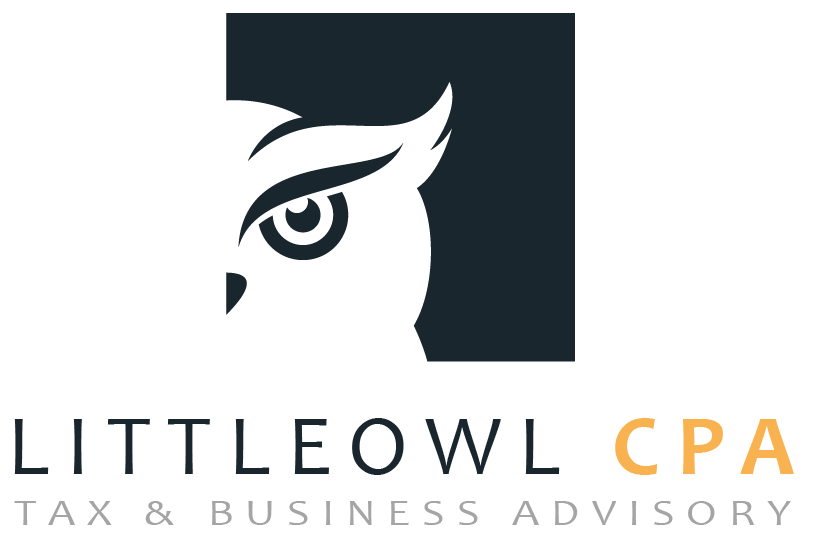In the complex world of tax regulation, understanding the interplay between state and federal tax systems is crucial for businesses seeking to optimize their tax strategies. For S-Corporations, LLCs and Partnerships, state pass-through entity (PTE) tax elections present a unique opportunity to maximize federal tax benefits. This blog post delves into the mechanics of these elections, their federal tax advantages, and the practical implications for S-Corporations and Partnerships.
Background
A pass-through entity (PTE), such as an S-Corporation or a Partnership, typically passes its income, deductions, credits, and other tax attributes directly to its shareholders or partners. Traditionally, this income is only subject to individual income tax at the shareholder or partner level. However, with the introduction of state PTE tax elections, these entities can opt to pay state income tax at the entity level, potentially unlocking significant federal tax benefits.
The Tax Cuts and Jobs Act (TCJA) of 2017 imposed a $10,000 cap on the state and local tax (SALT) deduction for individual taxpayers. This cap significantly limited the ability of individuals in high-tax states to deduct their full state tax liability on their federal tax returns. The SALT cap predominantly affected shareholders and partners of pass-through entities, leading states to seek innovative solutions to mitigate its impact.
State PTE Tax Election: A Strategic Response to the SALT Cap
In response to the SALT cap, several states introduced the option for pass-through entities to elect to pay state income tax at the entity level. This approach allows the PTE to deduct state taxes as a business expense, effectively bypassing the SALT cap for its individual owners.
Pass-through entities must navigate varying eligibility criteria and election procedures across different states. Generally, these entities must elect annually to opt into this tax treatment, and the election is binding for the tax year. It’s crucial for businesses to consult with a tax professional to understand the specific requirements in their state.
The calculation of the state PTE tax varies by state. Typically, it involves applying a flat or graduated tax rate to the entity’s income. This calculation can be complex, especially for entities operating in multiple states or with nonresident owners.
Federal Tax Benefits of the State PTE Tax Election
- Bypassing the SALT Cap: By paying state income tax at the entity level, the tax is fully deductible on the federal return, circumventing the SALT cap limitation.
- Reduced Federal Taxable Income: The state tax payment reduces the entity’s income passed through to its owners, lowering their overall federal taxable income.
- Potential Cash Flow Benefits: Depending on the timing of tax payments and deductions, there can be cash flow advantages.
Federal Tax Benefits of the State PTE Tax Election
- State-Specific Rules: The benefits and implications of the state PTE tax election can vary significantly by state. Understanding the nuances of each state’s laws is essential.
- Impact on Owners: The election can have differing impacts on individual owners, depending on their tax situations. A thorough analysis is required to ensure overall tax efficiency.
- Compliance and Reporting Requirements: Electing the state PTE tax option may introduce additional compliance and reporting obligations for the entity.
The state pass-through entity tax election offers a powerful tool for S-Corporations and Partnerships to mitigate the impact of the SALT cap and optimize their overall tax position. However, the decision to elect this tax treatment requires careful consideration of various factors, including the entity’s income level, the tax profile of its owners, and the specific rules of the states involved. With the right strategy and professional advice, S-Corporations and Partnerships can effectively leverage this opportunity to enhance their federal tax benefits.
If you have questions about how this topic will impact you, Team LittleOwl CPA is here to help. Schedule a discovery call today!

About Tabitha Regan
Tabitha Regan is the Founder and CEO of LittleOwl CPA. She is a Certified Public Accountant, Certified Financial Planner™ and Personal Financial Specialist. In her 16+ year career span, she has developed an expertise in the specific needs of small businesses and busy professionals with accounting, tax and advisory services.


